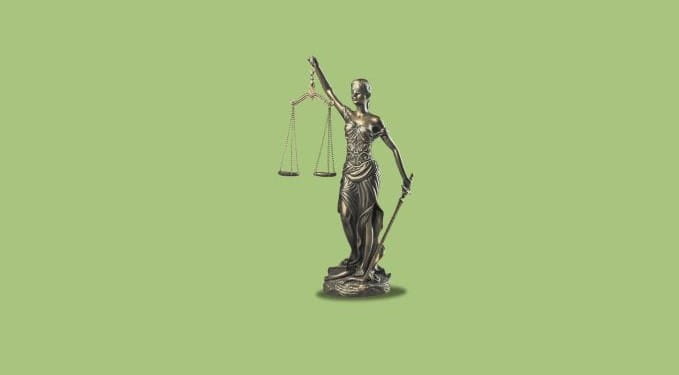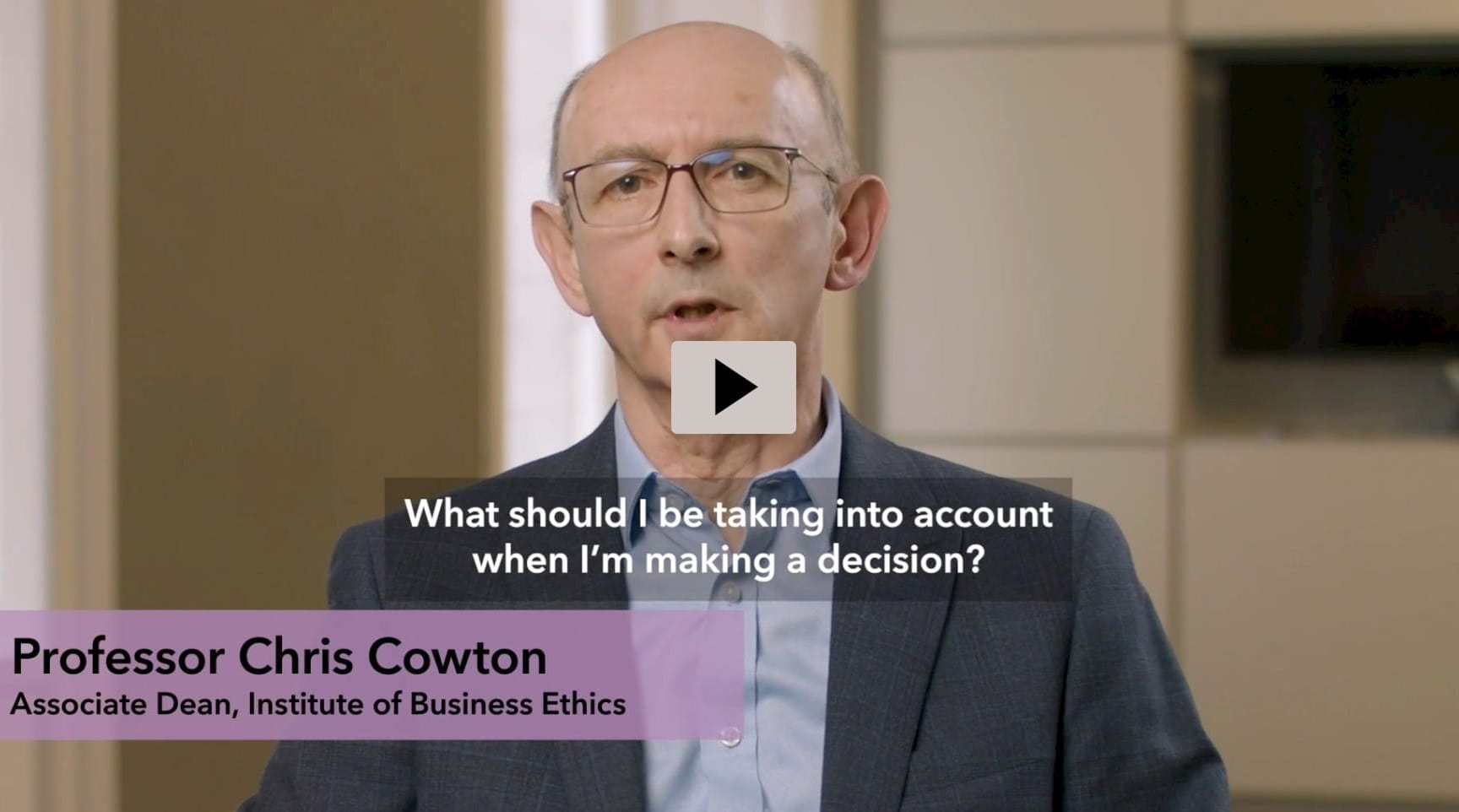Danny Ho, Executive Director and CFO for Sasa International Cosmetics, was born in England, trained as an accountant, then moved to Hong Kong in 2000 where he spent 12 years in a big four firm before moving into industry.
“I was always interested in commerce in general, was good with numbers, and wanted to experience different industries, understand the business models and what makes them tick,” he explains. “That's why I chose the path of a Chartered Accountant, with a career in audit initially before eventually moving into a preferred industry.”
His approach to his professional ethics has been shaped by his upbringing and morals, his understanding of international cultural norms and his professional qualifications. It is a hugely important aspect of the job for him. “The CFO or the accountant in business has a strong role to play in the moral compass of that business,” he says. “People rely on the CFO or the accountant in the business to speak out within the organisation and ensure the business stays true to its purpose and morals. Therefore, it's part of my personal reputation and embedded in what I do.”
Professional ethics stand or fall on their strength within corporate culture, says Ho. People need to believe in it for it to work, and so it must be deeply embedded within the organisation: “We don't necessarily bring ethics into every single decision we make, but it needs to be a central part of the culture. Therefore it's important that somebody plays a role in making sure we do not forget about our basic principles and the culture of the business and what we represent as well.”
The CFO is well placed to be that conscience but to do so, he or she needs to go beyond the numbers and have a deep understanding of the commercial and cultural aspects.
“Company culture is everything and the first thing I consider when I look at a business,” says Ho. “It really determines how the people within the business operate. That includes the tone from the top, how they establish what it means to be working in that particular corporation. It also determines how people engage with outside stakeholders as well.”
Without the right tone coming from the top, nothing really gets heard, but tone from the top isn’t enough, says Ho. The voice from the bottom is also important, he explains, as engagement between employees helps to perpetuate the message.
As part of this, a sound whistleblowing programme is critical: “Anonymity obviously helps people to feel comfortable in speaking out. But the downside is that when you then come to investigate allegations, it can sometimes hinder progress. From my experience, a lot of whistleblowing comes from vendors, customers and employees who have left the company, so you’re not necessarily relying on internal processes alone.”
Expectations need to be set in terms of what will happen in the case of a report into management. Companies who don't have sound programmes in place will initially find that very few people will whistleblow, he says: “Normally they fear not knowing where the whistleblowing will end up and who will hear of it. Having a clear policy in place that all employees have access to and understand is very important.”
The relationship between the CFO and the audit committee is an absolutely critical part of an ethical approach, says Ho, who makes a point of engaging with the audit committee at least quarterly, and often outside of regular meetings. “I would look at the audit committee as a function that I would engage with and be transparent with. I would expect them to raise questions of us and challenge the decisions we make.”
Having worked in more than one jurisdiction. Ho has learned that you need to have an understanding of the culture of a region as well as the culture of your business. You cannot simply copy and paste one approach onto another; you must incorporate an understanding of customs and cultural expectations.
“For example, gifting in a western society is probably not very common in the business environment. But if you're in China, you will notice that gifting is part of the cultural fabric of that society. Therefore, rules need to be in place to ensure that things like bribery are not encouraged or seen as part of that cultural norm. We need to be able to adapt our ethical programmes to ensure they are embedded and people understand the ramifications.”
Ho remembers a time while working in the alcohol industry in China, when the pressure to conform to unethical practices were rife within the sector. The leadership team drew a line in the sand over what was and wasn’t acceptable, and the sales team pushed back, saying it would be difficult to grow the business if they did not engage in the practices that everyone else in the industry followed.
In the slightly longer term, the strategy paid off. In investor relations meetings, the company was praised for providing an honest depiction of what was happening in the industry – thereby building a reputation for sound corporate governance which in turn helped corporate valuation.
“We became the so-called ‘star’ of that industry. People would come to our investor meetings first, to understand what was really going on in the industry in general. It gave me great confidence in upholding professional ethics and ethical values and understanding that they do actually deliver longer-term value rather than short-term gains.”
Ultimately, it all comes down to collective responsibility, he says: “If we are responsible as individuals to ourselves, our fellow employees and to the wider public, it can determine a lot of what we consider before we make decisions. As you move up within an organisation, you have larger targets and more pressure, which can lead to decisions that may be questionable. But it's important that we stand fast, we understand the ramifications of what we do, and that we make ethics an integral part of our personal reputation.”
Global Ethics Day
Global Ethics Day 2024 focused on using the power of ethics to build a better world. ICAEW examined the vital role ethics must play in the use of technology in accountancy.




